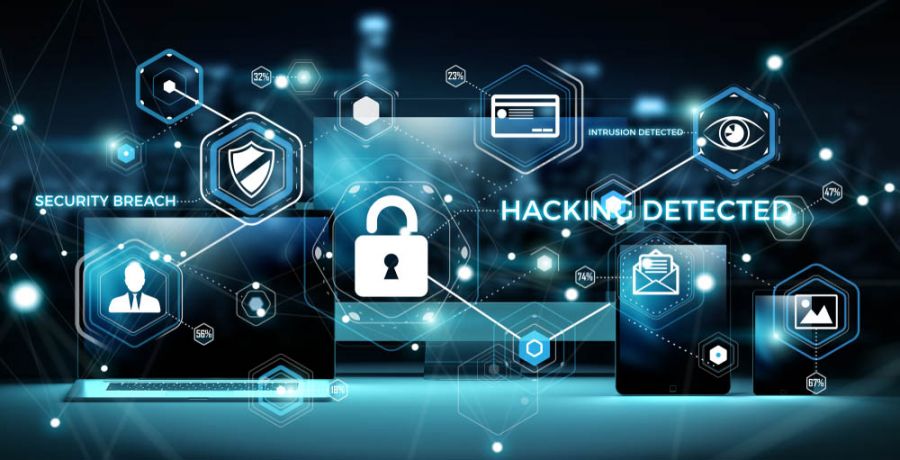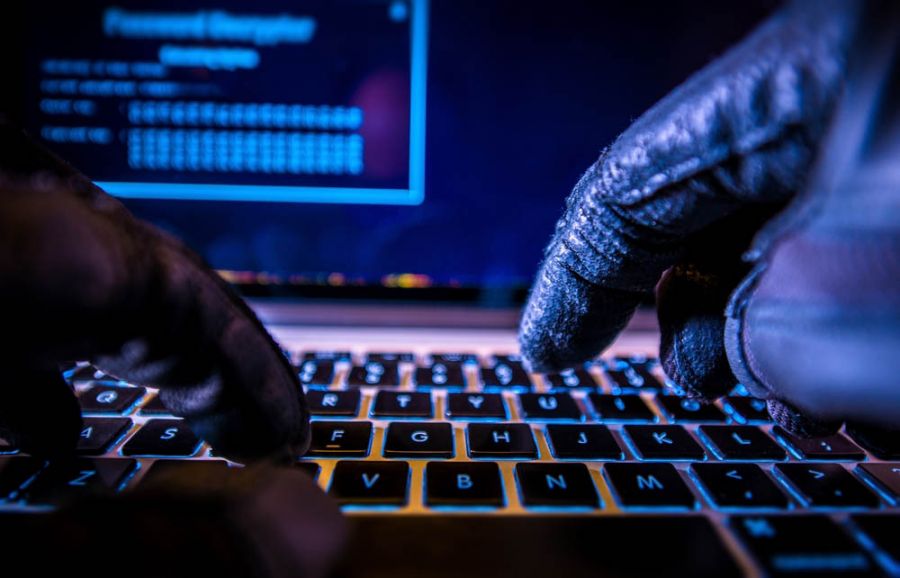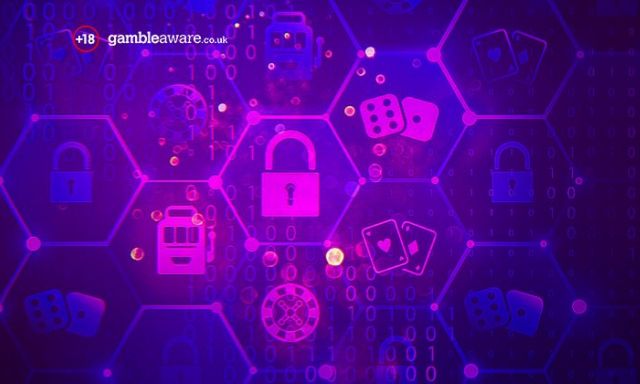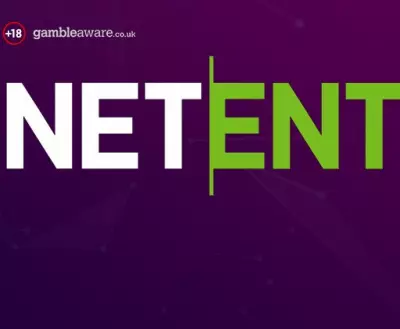
Casinos have been a target for scammers and fraudsters since the early days of organised gambling. Criminals tend to follow the money, and with serious money changing hands in the casino business, it’s been a natural fit for centuries. So much so, in fact, that casinos have become synonymous with high-level security, employing teams of loss prevention officers in and around the casino floor to limit the damage.
As online casinos such as PartyCasino do an increasing amount of business online, the threat from scammers remains consistent, if not heightened from before – only the landscape has changed. So instead of chip switching scams, hidden earpieces and brute-force heists, we see DDoS attacks, game hacks and fraud involving user accounts.
Cybersecurity is an increasingly big issue for operators, if not more important than security at offline venues. With a more condensed target, and a million and one ways to potentially penetrate digitised systems, companies need to be more proactive than ever to secure their platforms.
The Risks of Hacking
Hacking is the primary risk in terms of cyber attacks, and it’s crucial that operators take measures to prevent loopholes and exploits from giving criminals access by the back door. If a site is vulnerable, it’s potentially exposing the personal details of its customers to the fraudsters, who could then use this data to steal – either directly or indirectly from the customer or the company.
There’s also perhaps a more direct risk with payment information falling into the wrong hands – credit card details, for example, which could be easily rinsed by hackers to the significant harm of the holder.

Aside from the responsibility to do their best to protect their customers, there are several more tangible reasons why they need to tighten up their operation and take measures to protect against these threats.
For EU-based casino operators, GDPR regulations require the public disclosure of any data breaches virtually as soon as they become apparent, which is a PR disaster waiting to happen – whether or not any data was actually compromised in the attack. There may also be licensing issues for those found wanting.
And of course, it does nothing to build trust between the customer and their business, if they are vulnerable to these types of attacks. This has potentially longer term implications for operators, and as we’ve seen with high profile hacks in years gone by, there’s the very real potential of destroying a trusted brand.
Unfortunately, this is not a static picture either, with the risks and defences in cybersecurity constantly changing and evolving. As a result, it’s essential casinos take the risks seriously, and take steps to protect against these threats both now and in the future.
Game Integrity
There’s another important trust point here to consider. An operator is only as good as its games, and if hackers are able to compromise the integrity of game play, there’s a risk of undermining wider trust in the fairness and legitimacy of online platforms.
Players want to know they’re engaged in a fair game, with a legitimate chance of winning. But if hackers are able to access exploits in game software, the results for players, and for the casino can be catastrophic. Not only does this call into question the integrity of the games customer trust to bet on, but it also opens up casino operators to heavy losses while their backs are turned.
Again, this boils down to being one step ahead of the attackers, which is easier said than done. The only option casinos and game developers such as Microgaming and NetEnt have here is to invest in cybersecurity talent, and to ensure they regularly test and probe the game software to ensure there are no obvious ways in. But with the goalposts constantly moving, this is an ongoing and uphill battle.
Loss Prevention
Besides the security of their customers, the operators also need to spare a thought for themselves. Loss prevention is worth millions to the online gaming sector, and it’s not too difficult to see why. With an insecure website or mobile platform they are potentially exposing themselves to substantial losses. And in some cases, these losses can rack up in the blink of an eye.
An ineffectively secured site is like leaving a bank vault unlocked, and possibly one of the biggest financial risks to casino operators from cybersecurity issues. Shutting off leaks in the system is essential for operators to preserve their financial integrity, and to ensure the scammers don’t have a field day at their expense.
Cybersecurity isn’t easy, and as criminals and their systems become more sophisticated, the pressures on casino operators can only increase. As a result, cybersecurity will continue to rise up the agenda and continue to adapt to the new threats.








